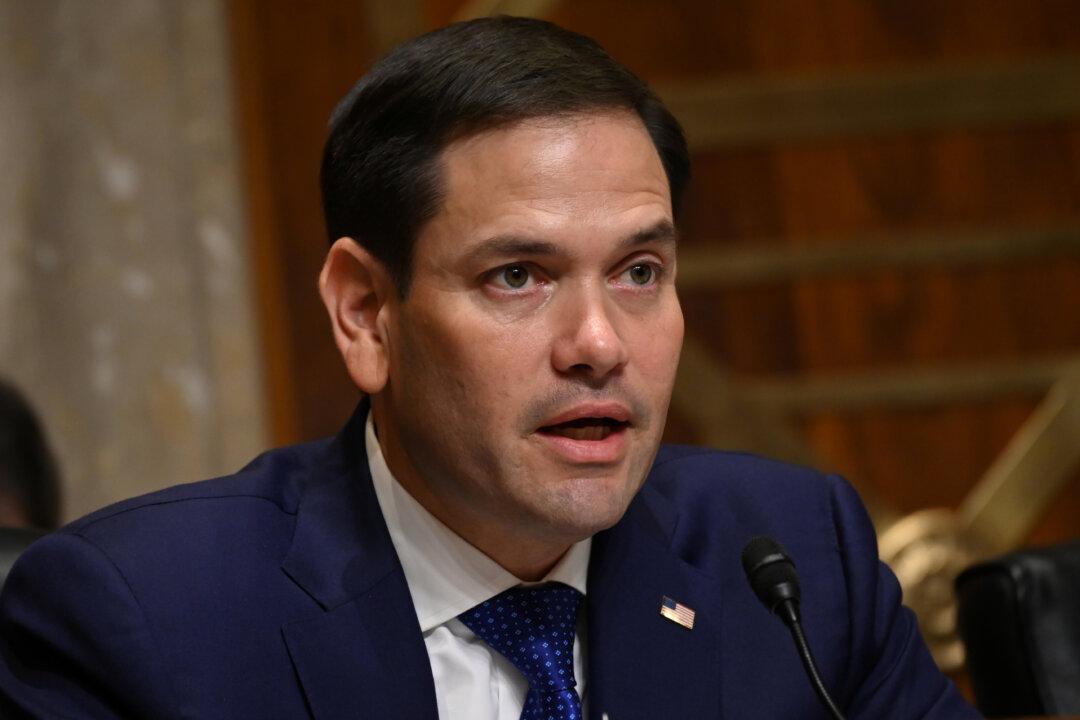A bipartisan group of 12 U.S. senators are demanding answers from Zoom Video Communications CEO Eric Yuan on his firm’s recent bowing to Chinese Communist Party (CCP) censorship demands.
Zoom issued a statement June 12 saying it suspended three accounts, including one in Hong Kong and two in the United States, following CCP requests in May, apparently in connection with video conferences commemorating the 1989 Tiananmen Square Massacre.





